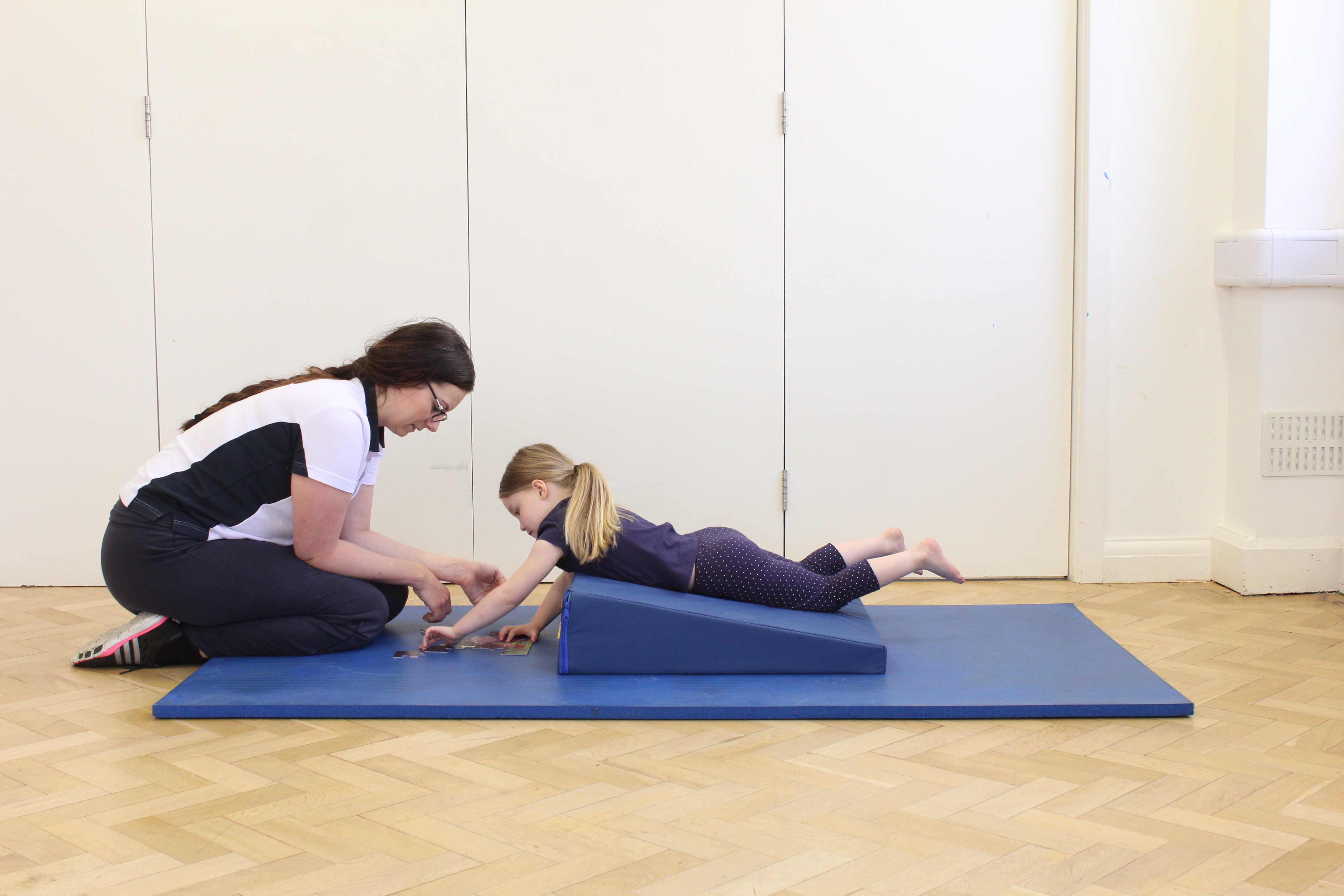What is flat head syndrome?
Flat head syndrome or plagiocephaly is a term used to describe a disorder that affects a baby's skull causing it to be asymmetrical, appearing flattened.
What causes flat head syndrome?
A baby's skull is made up of soft plates of bone which are not yet fully joined. The bones in a baby's skull are soft enough to be moulded. This means the shape of the baby's skull can be altered by external factors such as pressure on it to any give part. Commonly in plagiocephaly the back of a baby’s head develops a flattened look; therefore, it is referred to as flat head syndrome.
 Above: flat-head-syndrome-plagiocephaly
Above: flat-head-syndrome-plagiocephalyPlagiocephaly is more common in babies diagnosed with a condition called torticollis. This condition causes tight neck muscles on one side that will cause the baby to sleep more on one side, putting the baby at more risk of developing an asymmetric skull.
What should I my baby has flat head syndrome?
If you are worried about the shape of your baby’s head you should seek a physiotherapy appointment as soon as possible. Often only one session with the physiotherapist will be required, as they will be able to assess and show you what you can do for your baby to encourage a normal shape skull to develop.
To arrange a physiotherapy appointment call Physio.co.uk on 0330 088 7800, or book online
What shouldn’t I do if my baby has flat head syndrome?
If you are worried that your baby may have flat head syndrome you should not ignore the problem as the later treatment is sought the less potential there is for improvement as your baby’s skull will have begun to fuse.
Physiotherapy for flat head syndrome
Babies' skulls are prone to moulding, and the more time babies spend in one position the more likely their head is to become deformed and asymmetrical.
Physiotherapy intervention is most successful in younger babies, after five months the baby will be actively repositioning themselves and avoiding staying in one position for any length of time.
Our paediatric physiotherapists encourage “tummy time” when the child is awake to take pressure off the back of their head. Physiotherapy for plagiocephaly concentrates on simple exercises, positioning, stretches and advice. The physiotherapist will also treat any torticollis that may be adding to the problem.
Occasionally babies with more severe plagiocephaly may be treated with an orthotic helmet to help promote normal skull development. Physiotherapists at Physio.co.uk can advise regarding the appropriateness of this treatment for your child.
To arrange a physiotherapy appointment call Physio.co.uk on 0330 088 7800, book online or alternatively request a free phone consultation.
Does have any long-term effects?
It is important to note that research has shown that Plagiocephaly does not affect the brain. There is no link between plagiocephaly and low IQ, cerebral palsy or other medical problems.
Physiotherapy treatment requires growth to bring about change. For babies older than 16 months most head growth has occurred and any interventions will be unsuccessful.
To arrange a physiotherapy appointment call Physio.co.uk on 0330 088 7800, book online or alternatively request a free phone consultation.

 0330 088 7800
0330 088 7800


































